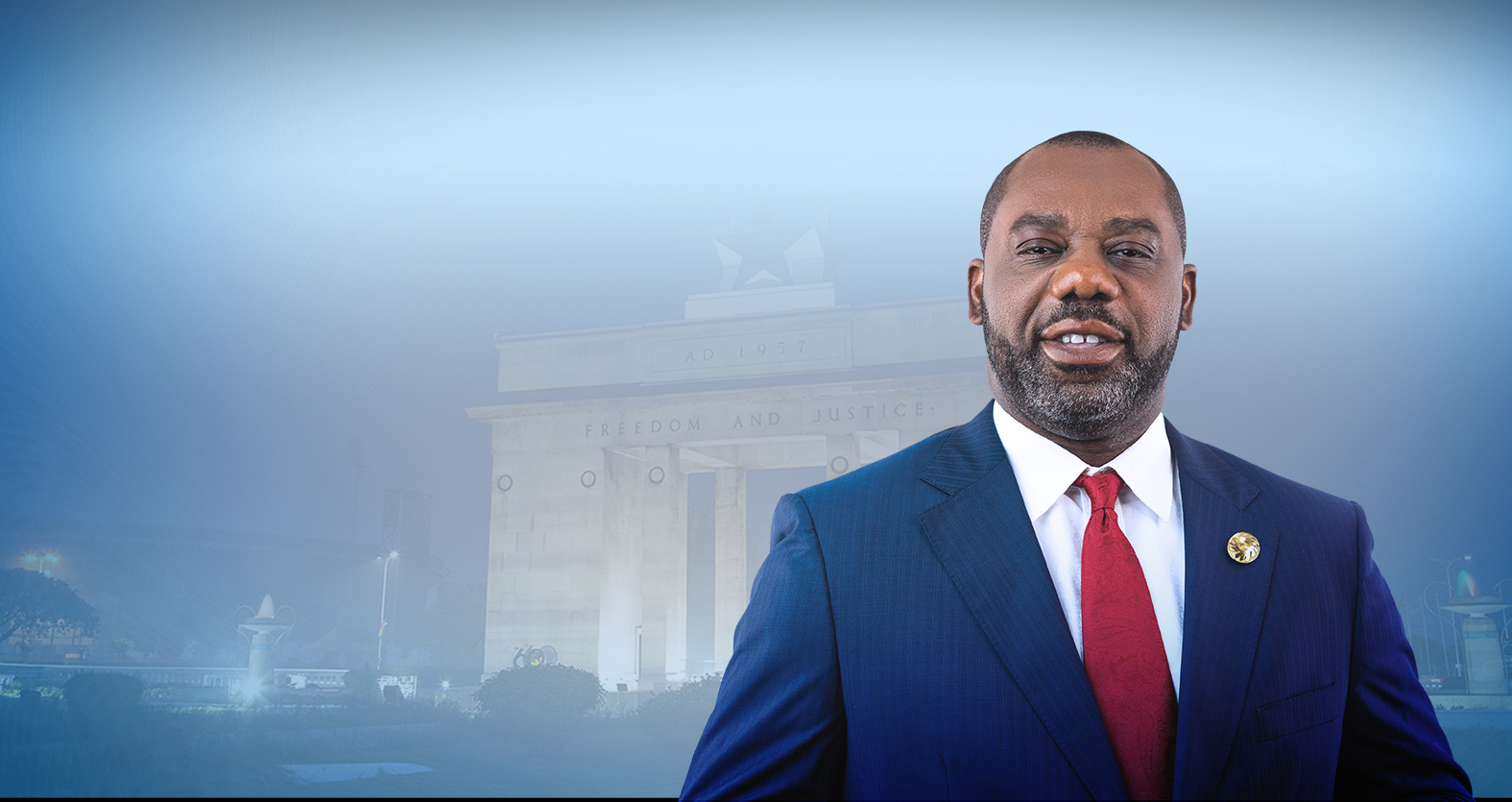Africa is home to over 1.4 billion people, with more than 60% under the age of 25 a youthful population that offers tremendous potential for innovation, productivity, and transformation. In Ghana alone, the economy is projected to grow at 4.7% in 2025 (World Bank), signaling recovery and opportunity. But to unlock sustainable prosperity, nations must take a balanced approach that promotes economic growth, social equity, and environmental protection.
”Sustainable economic growth is not a luxury it is a necessity for dignity, self-reliance, and prosperity across our continent.
- Dr. Matthew Opoku Prempeh
Yet, economic growth must be inclusive. While Ghana’s poverty rate dropped from 56.5% in 1992 to 23.4% in 2017(GSS), regional disparities and youth unemployment remain urgent issues. Over 12% of Ghana’s youth (ages 15–24) are unemployed, despite improvements in education access. Social equity demands that every citizen — from urban centers to remote villages — has access to opportunity, education, healthcare, and justice.
Meanwhile, Africa bears the brunt of environmental degradation and climate change — even though it contributes less than 4% to global greenhouse gas emissions. Ghana is losing approximately 135,000 hectares of forest annually, and cities like Accra are facing intensified flooding, rising temperatures, and erratic rainfall.
”We must grow — but grow green, grow smart, and grow sustainably. That is how we secure Africa’s tomorrow, today
- Dr. Matthew Opoku Prempeh
True progress for Ghana and Africa lies not in choosing between growth and sustainability, but in integrating them. With sound leadership, regional collaboration, and smart investment, Africa can model a new kind of development — one that uplifts people, protects the planet, and builds long-term resilience.

